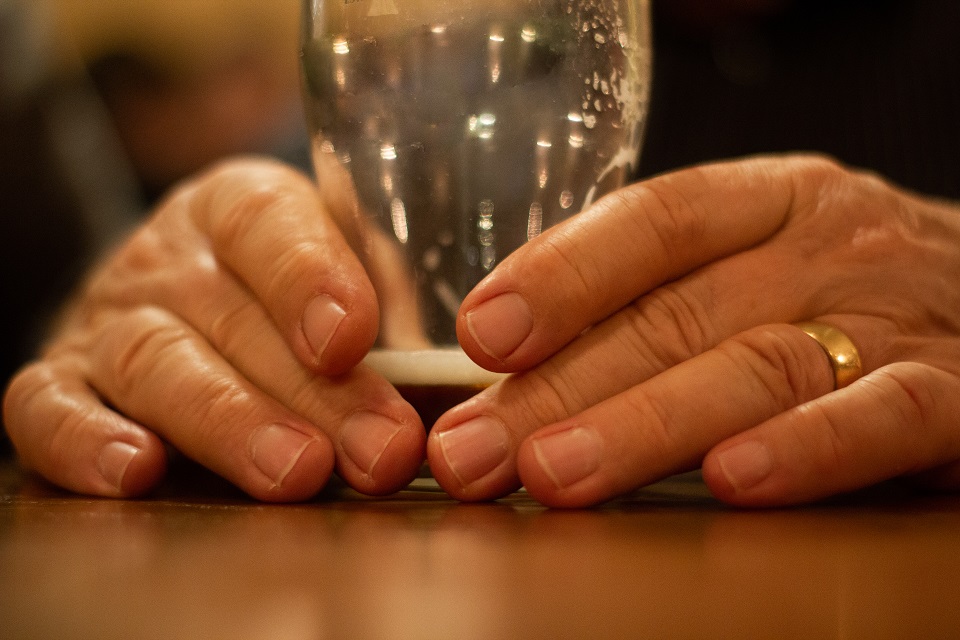With the nation being locked down over the last four weeks, following almost a year of restrictions, people across the UK have been affected physically, economically, and mentally due to the Covid-19 pandemic, with loneliness being a huge concern.
The usual places to meet, socialise and connect with people have been removed, and one of the key places for millions of Britons to do so in their ‘normal’ day to day life, is the Great British pub.
The Open Arms report and survey has been written by Loughborough’s Dr Thomas Thurnell-Read – an expert in the study of alcohol consumption and drinking culture.
It reveals the important and positive role pubs play in communities up and down the country – providing people from all walks of life with a space to come together for social interaction and connection.
When asked whether they agree or strongly agree with the statement ‘when a pub closes the local community suffers’, an overwhelming 86% of respondents to the survey answered yes. Just over three quarters (76%) said they felt that the pub where they worked made a positive contribution to the local community and just over two thirds (64%) felt that their pub was one of the main places that people living in the local area can socialise.
Speaking about its findings, Dr Thomas Thurnell-Read said: “The Open Arms report was guided by the belief that pubs can, and often do, have a social value beyond their economic role. Pubs can be really important settings for social activities beyond the home and the workplace, a place where people can feel a connection with others.
“The report shows that for many, going to the local pub is an opportunity to get out of the house and have a conversation. Especially for older residents, meaningful social interactions like this can be infrequent, especially in retirement or after bereavement of a long-term partner leaves people socially isolated. This social contact, and the sense of connection and community it provides, has been under threat during the Covid-19 pandemic, and protecting the social role of pubs is now more important than ever.”
The report also found a conversation between regulars in a pub, or between a patron and a member of the pub staff team, can go a considerable way to alleviate feelings of loneliness even though it may last merely seconds or minutes. Older pub-goers in particular said the sociable and welcoming atmosphere of a pub gave them the chance to make friends and stay socially active.
Robin Hewings, Director Campaigns, Policy and Research at the Campaign to End Loneliness said: “Loneliness has been a growing concern in our society in recent years, but the pandemic has brought the issue of loneliness into sharp relief. We’ve seen both older and younger people affected by feelings of loneliness. ONS figures show that in 2020 more than 7.5 million people (30% of the UK population) said feelings of loneliness affected their well-being during lockdown. Pubs are places, which particularly for older people, offer a safe and sociable space to meet other people. Importantly, this report has recommendations for how pubs can be even more welcoming places, for example through more accessible design.”
A full copy of the Open Arms report can be read here.
